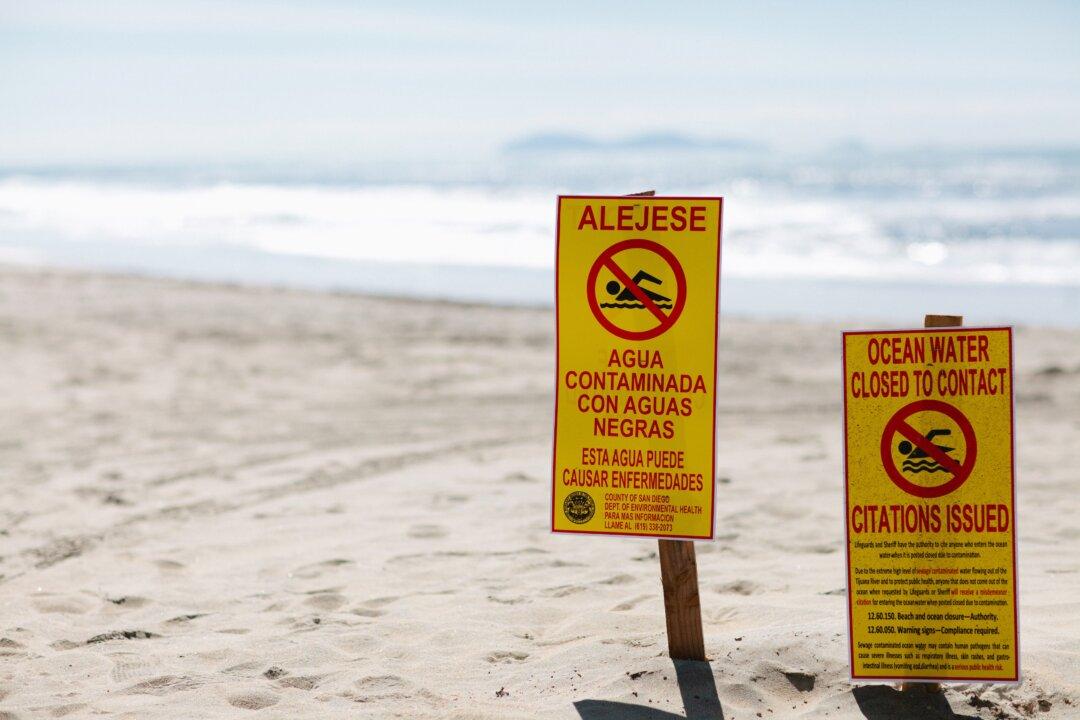The El Cajon City Council voted unanimously March 28 to move forward with developing regulations for the city’s motels and hotels being used by the county to house homeless people.
The vote came following recent incidents of violent crimes and several arrests of homeless individuals utilizing the county’s voucher program at the city’s hotels.




